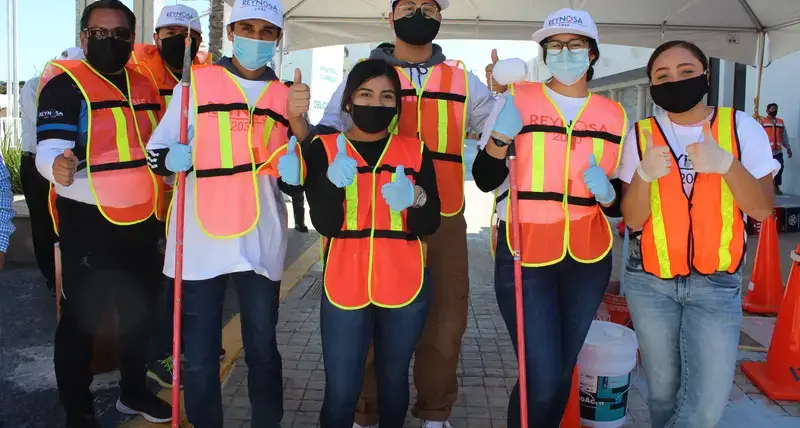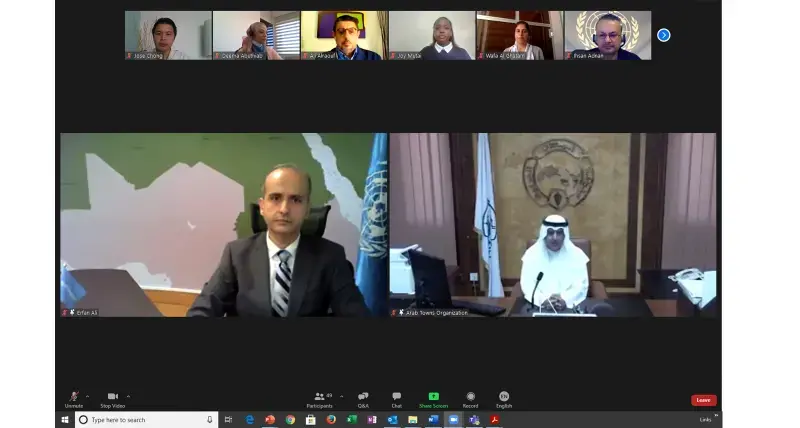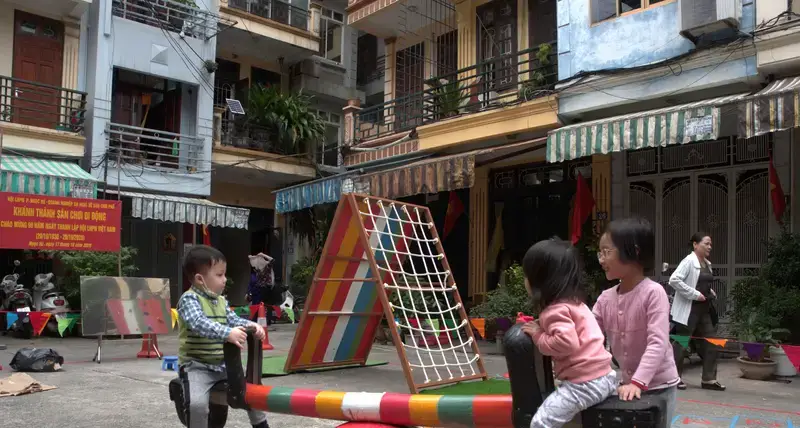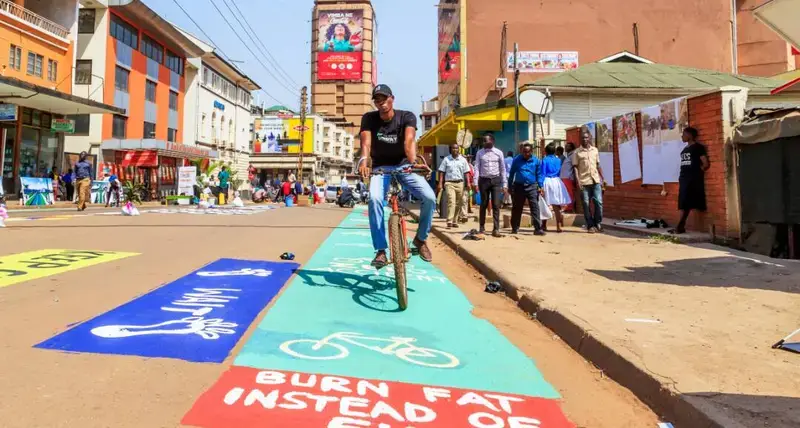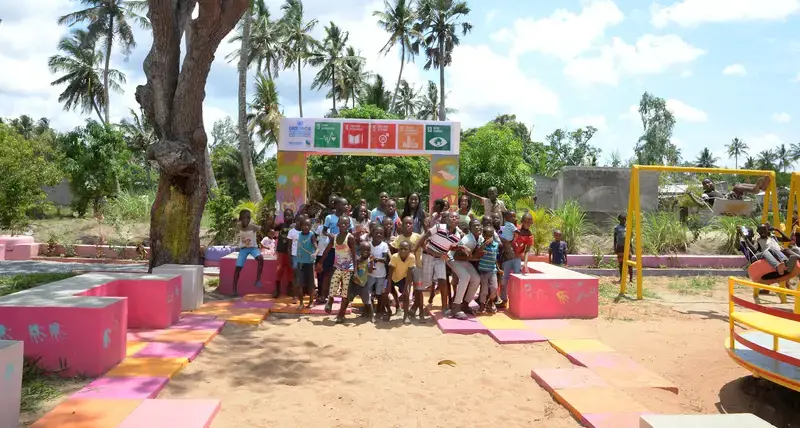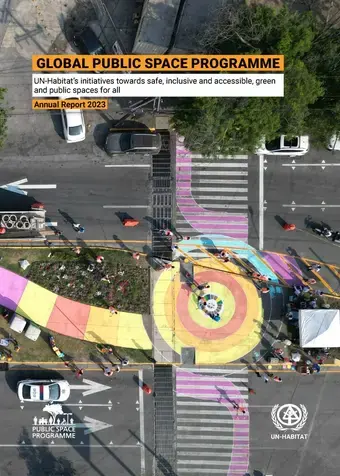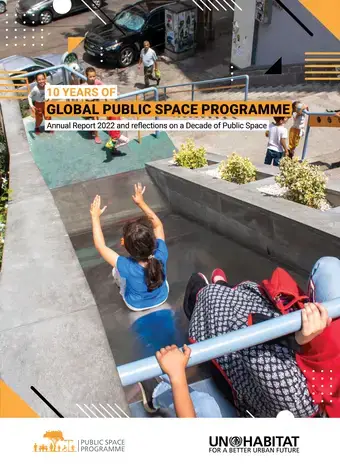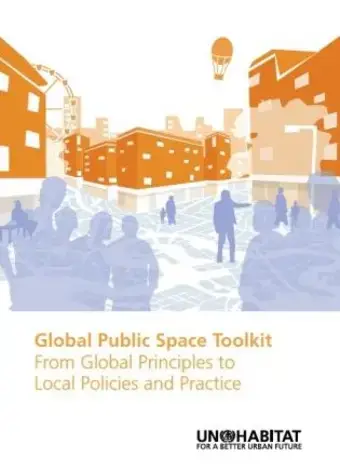Why Global Public Space Programme?
UN-Habitat’s Global Public Space Programme was launched in 2012 with the objective to support local governments in creating and promoting socially inclusive, integrated, connected, environmentally sustainable and safe streets and public spaces, especially for the most vulnerable, promoting a better quality of life for all. The programme has developed an integrated, multi-sectoral and iterative approach to support local governments to create vibrant and inclusive public space networks, long-term urban strategies and national policies, focusing on the most vulnerable groups.
Starting from the national and regional scale, the Programme provides technical support and capacity building in public space assessments, policy guides, strategies and design principles, management and maintenance frameworks and using innovative participatory tools. The outcomes of this approach inform city planning frameworks, monitoring of the 2030 New Urban Agenda, SDG 11.7 and thematic aspects such as inequality, prosperity, accessibility, resilience and health.
Impact
Since 2012, the Global Public Space Programme has supported the implementation of more than 150 safe and accessible public space in over 100 cities.
Only last year, UN-Habitat upgraded 40 public space that engaged over 22,400 people and helped over 395,000 people access safe and inclusive public space. More than 2,800 people were trained in public space assessment, design, and project implementation.
